|
I've been HOME home from Poland for a week. And it's weird.
In some ways it feels like I never left and that my time in Poland was a dream. In other ways, I'm reminded a lot that I was gone. The reminding comes in many forms like seeing friends, hearing about things that I missed, and even small changes in myself. I was only gone for a little under eight weeks, but they say that it takes 21 days to form a habit. And I was gone for 54 days, so says my mother... not that she was counting. This means that I had plenty of time to form new habits. Since being home, I've noticed since coming home some habits that I've picked up, ways that I've changed, and even things that I never realized I enjoyed. 1. I don't mind prolonged moments of silence (I never thought I would say that). 2. I don't mind disagreeing with people whether it's about films, books, musical taste, or other things. We can agree to disagree. Although, if you dis Gone With the Wind, we might have a problem. 3. I've appreciated being more event-oriented rather than time-oriented. 4. I like beets. 5. I've started noticing how many of the shows and movies I enjoy have an element of cultural engagement or having to get use to a new culture with new rules and norms (Like Dr. Quinn: Medicine Woman, The Chronicles of Narnia, or even Dr. Who). When I tell people about some of these things, they ask questions like, "How could you have changed? You were only gone for a short amount of time." And they're right. I was gone for a short amount of time. But being emerged in a foreign culture does influence you and it can even change you. While debriefing from the trip with my team, we attended a seminar that prepared us for reverse culture shock and how to really utilize what we've learned. One of the things that we talked about are the three responses to coming back from time abroad whether you're gone for two weeks to thirty years. The responses are as follows. 1. Assimilation: returning from a host culture and eventually slipping back into the culture of one's home culture. 2. Alienation: returning from a host culture, identifying with the host culture, and criticizing the home culture. 3. Integration: identifying with both the home and host culture and bringing together the things one identifies with from both cultures. When I first listened to the seminar, I definitely wanted to be more of an integrator, but I didn't account for how easy it is to just be an assimilator. Integration is hard and it takes a lot of work to integrate the cultural norms that I appreciated in Poland with the cultural norms that I enjoy at home. For instance, Poles are quiet and soft spoken. And I don't know if you've ever noticed this, but Americans are loud. It's just plain weird being able to hear conversations that should be in private. If there's one thing I definitely plan on integrating it is being wise about my volume and what I share in public places. So, in the aftermath of my time in Poland, I can look back and say that it was an incredible experience. I was so blessed to be able to go. God provided abundantly just to get me there and during my time in the country. He grew me in a lot of ways spiritually, but He also grew me culturally. As much as I do enjoy my home culture, I also like a lot of things about Polish culture. So I guess it's time to start integrating them.
1 Comment
Do Widzenia (Doh vid-zenia) Goodbye Five months ago when I heard that I was accepted onto a team to go to Poland, I had no idea what God had in store. I had no idea what it was like to fly on a plane internationally. I had no idea what Polish sounded like. I had no idea what Poland even looked like. I couldn't even tell you where Poland was on a map. I didn't know anything about Polish culture. I didn't know that pierogi's could be filled with things other than potatoes. But for some reason, God put it on my heart to go to Poland. And to Poland I came. Through it all, God provided. He provided financially. He provided emotionally. He provided spiritually. He provided in so many ways. But now, I have to say goodbye. And it's hard. It's hard to leave people that God has brought into my life. It's hard leaving when you never might see these people again. People that made you laugh. People that were patient with your broken Polish. People that taught you words. People that told you stories. People that taught you how to make pierogi. People that climbed a mountain with you. People that worshipped Jesus with you. People that asked you a lot of hard questions. And even the people that you lived with. The people that you were on a team with. Saying goodbye is hard. Leaving is hard. Leaving is harder than staying. But this time has been a short season. I don't know if I'm called to come back. I don't know what is ahead. I don't know what God has planned for my future, but these people and this land has a part of my heart. Leaving is hard. But I'm thankful for this time that I have been bless with. It has taught me so much. About God. About myself. About others. About life. I wouldn't have traded this time for the world. Saying goodbye is hard. So here is my goodbye. Bardzo dziękuję, Polska. Thank you very much, Poland. Do widzenia. Na Razie. Goodbye, See you soon. There is one word in Polish that I find myself using more than the words for "Thank you" and "Sorry," and it's ciekawy (chi-ka-veh). Sample instances of the usage of this word include: Person A: I just saw a man walking his cat. (This is a true story) Person B: Ciekawy. Person A: In Poland, it is perfectly acceptable to eat sandwiches for breakfast. Person B: Ciekawy. Person A: The only difference between a pierogi and a dumpling is that pierogis are made in Poland. Person B: Ciekawy. Person A: I told someone that I sat on their sandwich. ( A common language blunder considering the words for "sandwich" and "couch" are "kanapka" and "kanapa".) Person B: Ciekawy Ciekawy (adj): Interesting or Curious This word gets throw around like candy. How else would you respond to a man walking his cat down the street? Ciekawy. Or even the fact that Poles think that having ice with your drink will give you a sore throat. Ciekawy. There are over ten words that mean 2 in Polish. Ciekawy. You can buy a pastry from a stand by a bus stop. Ciekawy. They serve hot dogs in a pocket bun. Ciekawy. Stores here have a lot of nonsensical shirts. Ciekawy. Besides "Please," "I'm sorry," and "Thank you," you only need to know one other word in Polish. You got it. It's...
Lody. (Ice Cream) I bet you thought I was going to say ciekawy. Recently, my team here in Poland joined forces with a church a few hours away in a town called Novy Sącz (pronounced Noveh Shontz). It was an outreach event intended to build contacts in a town where a church plant is taking place. This outreach, unlike other outreach events I've been a part of here in Poland and at home, was an interesting experience. This is mainly due to the fact that it was a multicultural experience with five Americans, over seven Brits, and many Poles. My team's role in the event was to provide face and nail painting. Now, I'm sure that you're probably sitting at home wondering, "How does face painting and nail painting lead to building contacts for a church plant?" Well, I'll tell you. Because I had the same thought. But when you offer free face painting and nail painting, people are bound to come to you. And they did. As soon as little old Polish ladies saw nail polish on the table, they came over and asked what we were doing. And oczywiście (of course) we told them that we were with a local church in Novy Sącz trying to get to know people in the community, that we were offering New Testament Bibles in Polish, great worship music, and prayer as well as free face and nail painting. Many people did walk away. But a good number stayed. Some people stayed to listen to the music. Some people stayed and received prayer. Some people accepted a New Testament. Some people even let their children play on the bounce house. Some people let their children have their faces painting. And some women even sat down to have their nails done. This is where I come in. Somehow, I ended being the primary nail painter. And honestly, I had no idea how to paint another person's nails. I've painted my own nails since I was a kid, but painting someone else's nails is a completely different story. So, my first customer was an elderly Polish woman. She sat down in front of me, and began speaking to me in Polish. All I could do was kindly smile at her and say, "Dzien dobry, Pani. Nie rozumiem Polski. Amerikanka." (Good day, lady. I don't understand Polish. American.) She then smiled and nodded and said something to me in Polish. I smiled and nodded in return. And pointed at the nail colors and said, "Prosze," which means "please." She then proceeded to pick a lovely purple color. And so I proceeded to paint her nails. A few fingers in, she began speaking Polish to me. I kindly smiled and responded, "Nie rozumiem, Pani." Luckily, my team leader was by the table and was able to translate for me. The woman had asked me what I thought of Poland. "Bardzo ładna (very beautiful)," I responded. At this point, the woman probably didn't know what to make of me since I said that I didn't understand Polish, but I was responding in Polish. She smiled brightly and asked me more about myself. My team leader translated for me, and we carried on a lovely conversation between English and Polish while I painted this woman's nails. Honestly, I made a few mistakes, and there was a little bit of a glob on one of her fingers, but as the woman proceeded to ask me to paint a clear coat of glitter over the purple (mind you, this is a woman that could have easily been a Polish grandma), I realized something. I couldn't understand a word that this woman was saying in Polish, yet I was having a great conversation with her. I was able to connect with her and smile with her. And I was sad when I finished painting glitter on her last finger. As she stood up to leave, she started saying something to me in Polish. But of course I didn't understand. But someone translated, "She wants to buy you lody (ice cream)." My heart swelled. I had just met this woman. I couldn't understand a single word that she said. I could only communicate with her via a translator or smiles, yet this woman wanted to buy me an ice cream. And she did. She bought me lody truskawka (strawberry ice cream). Unfortunately, she messed up a nail in the process, but it was quickly fixed. And before she walked away, one of the people handing out New Testaments was able to give one to her, and she accepted it. But while I enjoyed my ice cream, I was told something very interesting about Polish culture. And it's that while Poles are very gracious, they have a hard time accepting something for free. Poles like reciprocity. I painted the woman's nails, she felt obligated to pay me back in some way, so she bought me ice cream. And then I started seeing the same thing with other people. Poles have a hard time with receiving something free of charge. Like grace. They have a hard time understanding, let alone believing that Jesus died on the cross for them because he loves them, that it was a free gift from God. They have a hard time believing that Jesus doesn't want them to earn their salvation, that he freely gave it to them and that all they have to do is believe. They don't understand this. The world doesn't get this either. There is no way to pay God back. No good deeds and not amount of giving can out-give God. This is my prayer for the Polish people and even people all over the world: that they would understand the radical grace of Jesus. He died on the cross free of charge, simply because he loves us and because he wants us to be reconciled with God. All we have to do is accept that gift and believe in him. The woman that bought me ice cream wasn't my only customer that day. The Lord provided many more ladies' nails for me to paint. Ironically, they all ended up being Polish grandmas. And it was really humbling, seeing how God could use a person that doesn't speak the language and is simply painting nails or even my teammates painting nails and faces to make them comfortable with talking with others, accepting prayer or even a New Testament. In the end, it was a successful event. Over 150 New Testaments were handed out, church members were able to pray over people in the community, and some were even able to share the gospel. Not to mention, my teammate Savannah painted some pretty cool curly mustaches and goatees onto pre-teen boys. But what's even better is the seeds that were sown by a ragamuffin group of American women, British expats, and Polish nationals being faithful and serving the God that they love, because He loves them free of charge. Photo credit goes to Chelsea. You can check out her blog at peachywhimsy.wordpress.com
This past week, my team took part in an outreach event in a town called Novy Sącz. I'll talk more about the outreach event in another post, but as a fun activity after visiting the church that was doing the outreach on Sunday, several of us went on a hike. This wasn't just any old hike. This was a hike up a mountain to go to a restaurant that you can only get to by hiking. Not to mention, the group that went was composed of American, British, and Polish people. It was a cross cultural mix. From these details it probably sounds like an interesting and fun experience, but I had very different thoughts from the start. Honestly, I'm not a fan of rigorous hiking. I like wandering around the woods. I like camping. I like the outdoors. And I like climbing hills. But for some reason the idea of hiking high inclines through the mountains just does not appeal to me. Now if I could climb at a leisurely pace, I would probably feel differently. But we were hiking to get to lunch, which means a hungry stomach, and that means hiking with haste. Before we even got to the mountain I kept thinking in my head: I don't want to do this. I really don't want to do this. I'm not going to complain out loud, but God, I really don't want to do this. Please let something happen that we don't take the short and fast way up. I really don't want to do this. And even as we began the hike: Why do we have to do this?? Why couldn't we have taken the other way? Pierogi is definitely not worth this hike. This restaurant better be worth it. Why would anyone enjoy this for fun? Obviously, I had a sour attitude. And I realized it when we took our first break. You see, being with a group of Brits and Poles makes for an interesting cultural experience. That means that they ask a lot of questions about America and American culture, and we get to ask a lot of questions about British and Polish culture. Everyone else was taking the time to enjoy the hike, even slow down a bit, and ask questions, get to know each other. But all I cared about was complaining in my head. When we finally came to a meadow overlooking a great view, I realized that I needed to change my attitude. Yeah, climbing a mountain is hard work, you have to take it one step at a time, and you need to take rests every now and then. But you climb a mountain for a reason. Usually it's to get to the top. But most of the time the real joy comes from the journey. The meadow was only half of the way up the mountain to the restaurant, but the view from the meadow was worth the climb. It honestly felt like a scene straight out of The Sound of Music or even a Lord of the Rings movie. The view from the meadow gave me hope. It helped me shift my attitude and keep climbing. And it made me think. There are times when living life feels similar to climbing a steep mountain. The terrain isn't level, and there isn't always an easy path. You get hungry. Your legs get tired. You slip on a couple of rocks and cut up your knee. And you're not sure if the climb is worth it. Climbing a mountain is hard work. Just like living life can be hard. All you can do is live life the way that you climb a mountain: take it one step at a time, rest when needed, check your attitude, and take time to enjoy the view. After an hour or more, we finally reached the restaurant, and we were greeted by a cute little lodge that serves traditional Polish food. Of course, I had pierogi. And we even had a cake called szarlotka, which is like an apple pie. Our group was even able to chat for a while, and I learned some very interesting things about British culture from a visiting Brit (maybe I will share those factoids in a later post). The climb was really worth it. And as I repented from my sour attitude at the start of the hike. I realized something else. At the top of the mountain of Life, there isn't a restaurant that serves pierogi. The end of the journey means coming face to face with our Maker. And for those that believe in Jesus, the end of the hard climb, the rigorous work, and the struggle, means an eternity with Jesus, which is an eternity free from pain, tears, and strife. Eternity with Jesus is the final rest after the long journey. Knowing Jesus is worth climbing every mountain. All I can say, is when given the chance to climb a mountain to get to a Polish restaurant, do it! Especially when freshly made pierogi is waiting for you at the top. Smacznego! (Enjoy) All of the images on this post were taken by Chelsea Hoskins. You can check out her blog here: https://peachywhimsy.wordpress.com/
But the photos can't show just how beautiful the Polish countryside truly is. |
Archives
March 2023
Copyright © 2014 - 2023
She Laughs Without Fear |
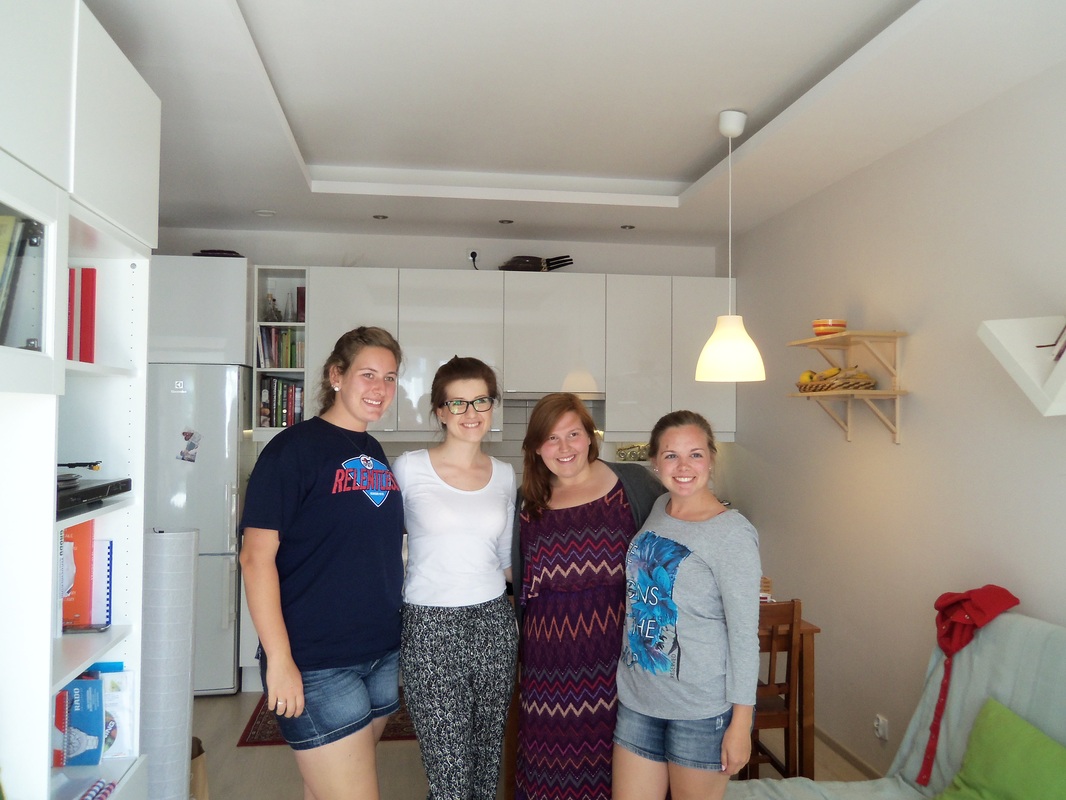
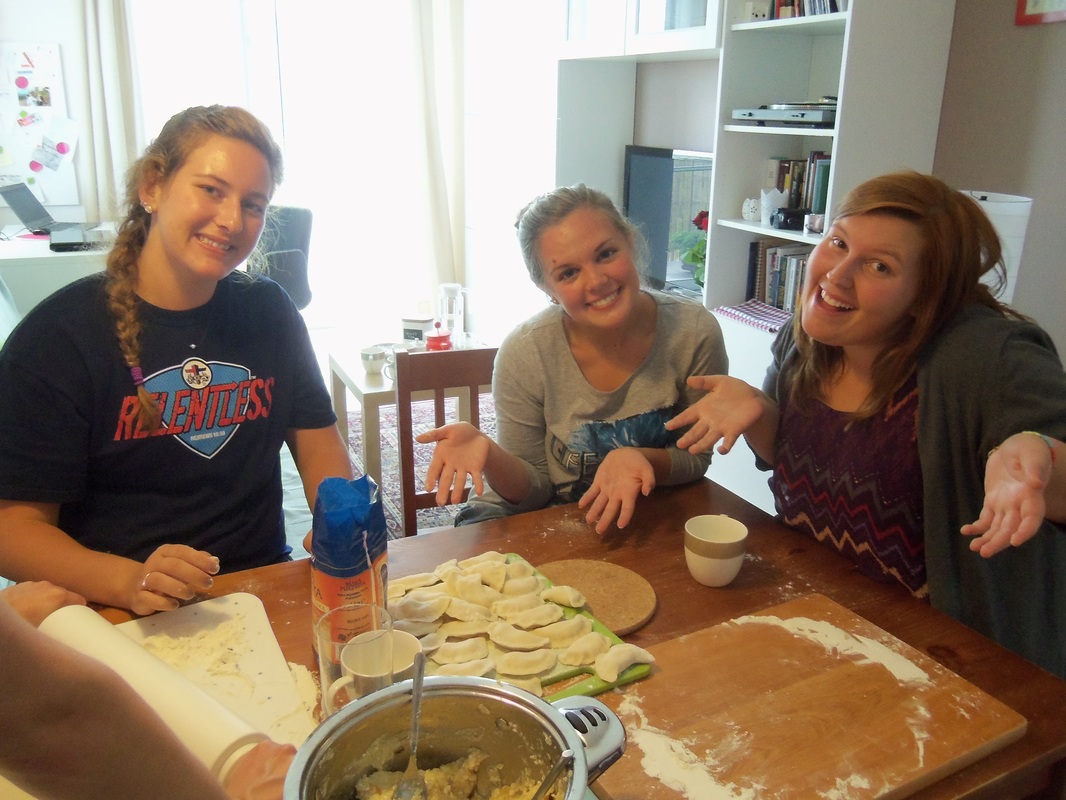
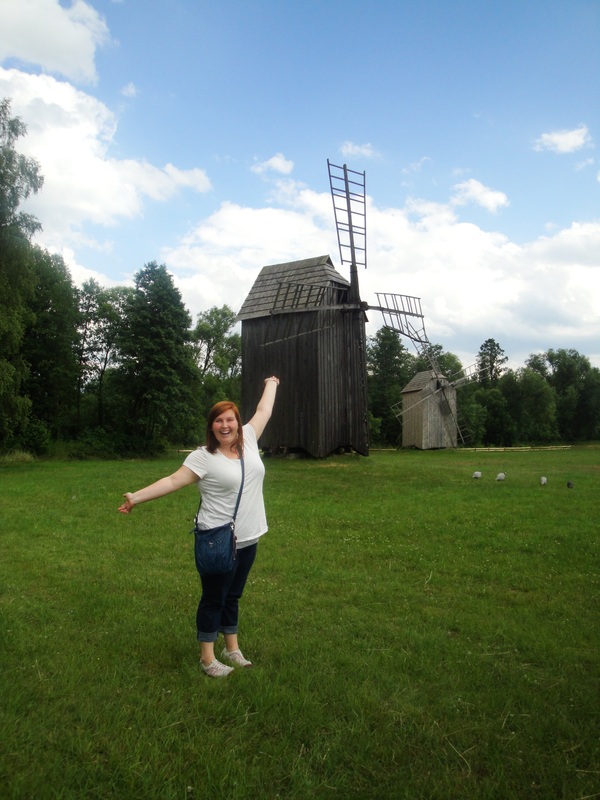
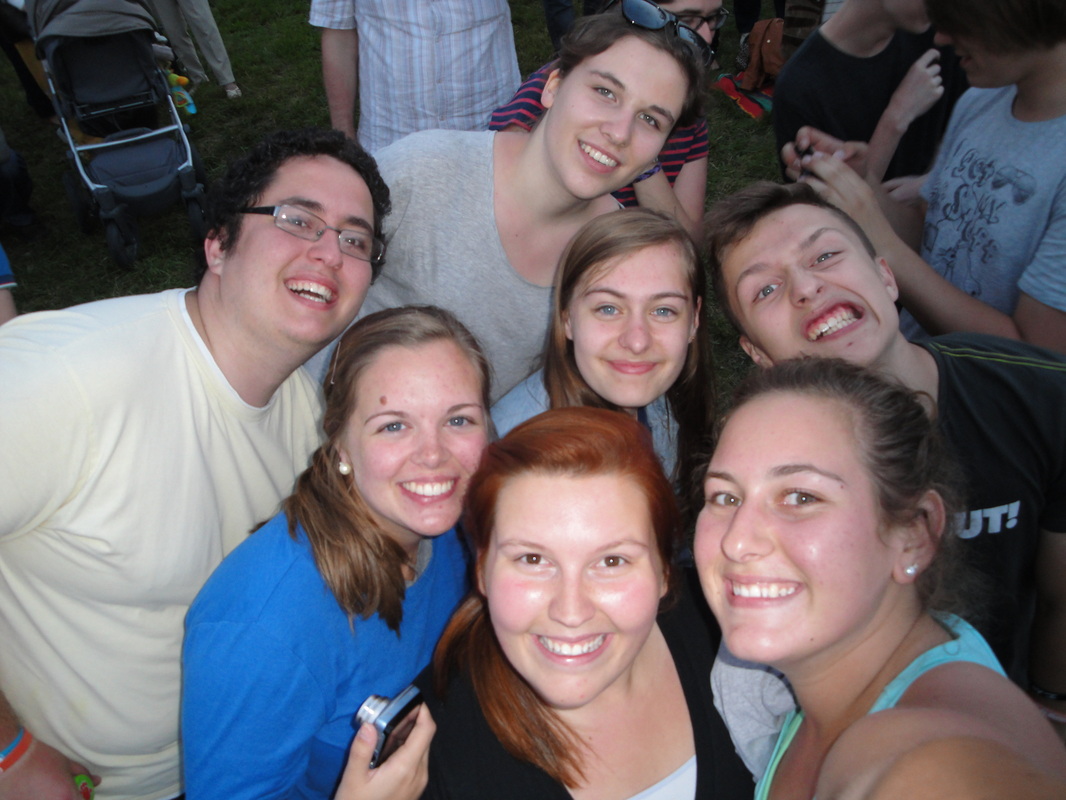
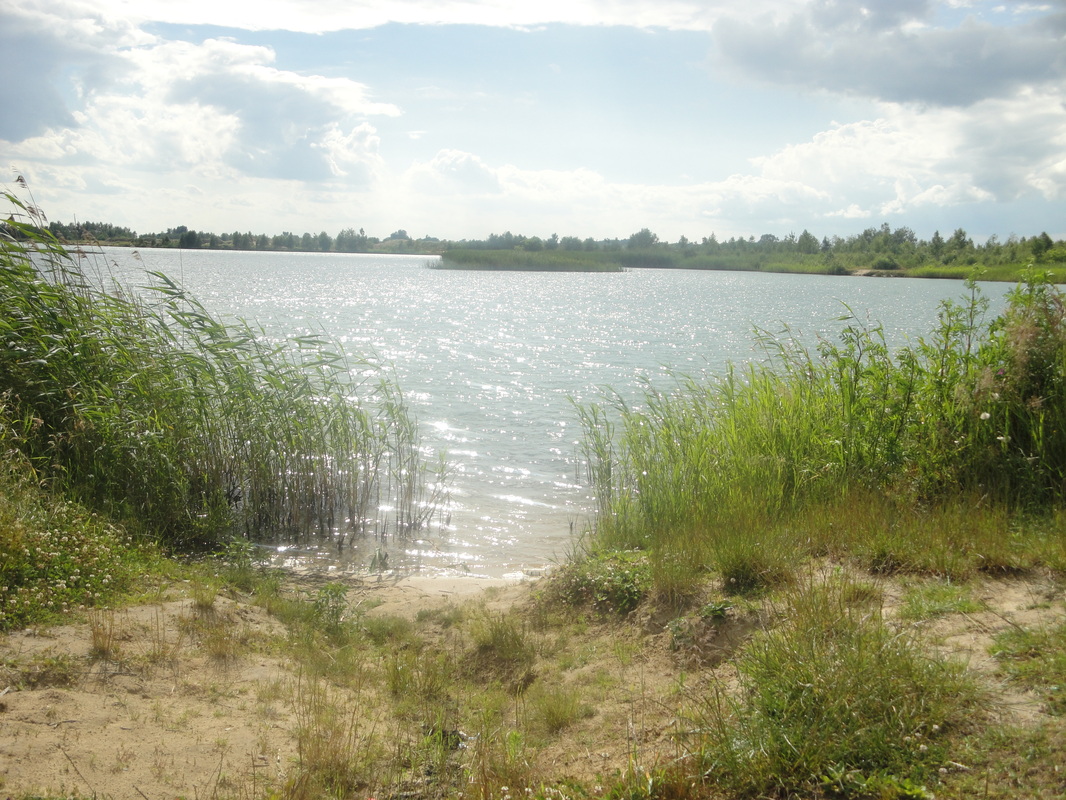
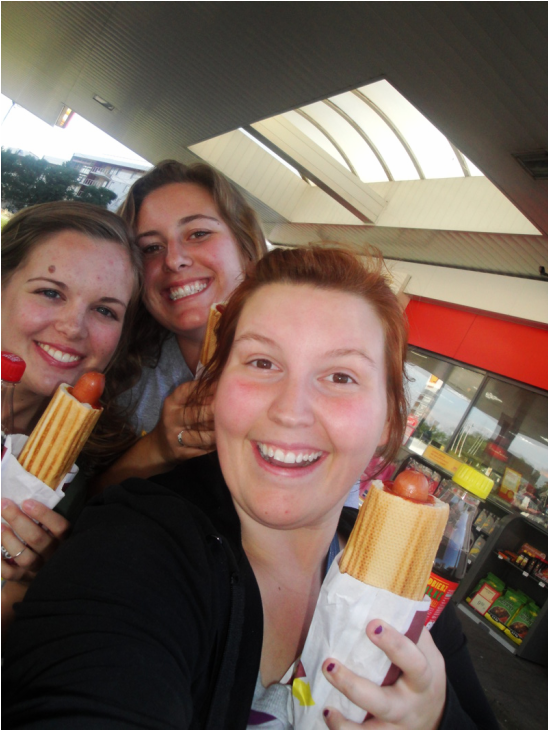
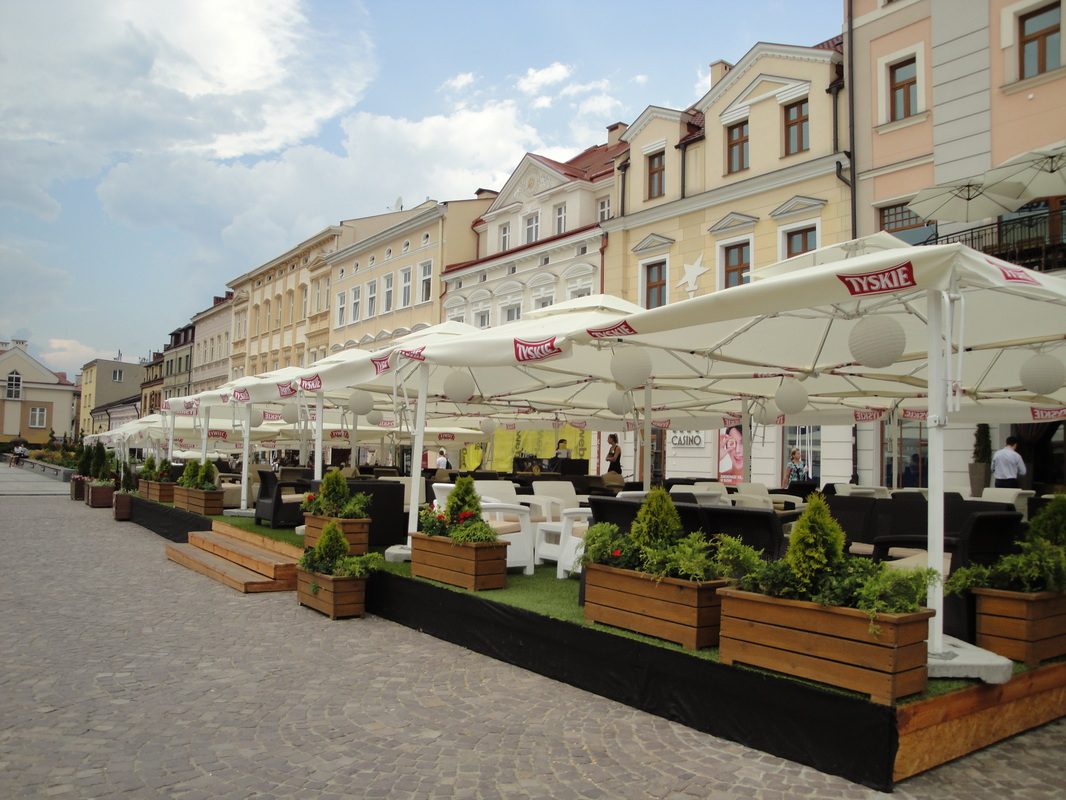
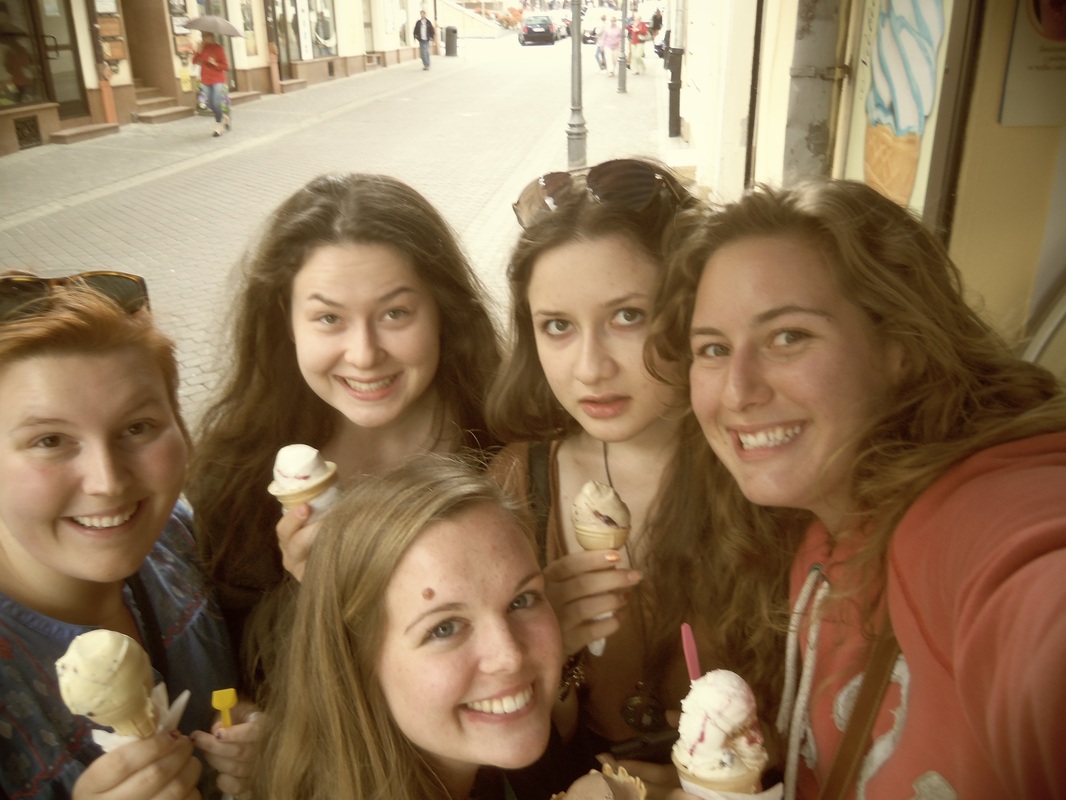
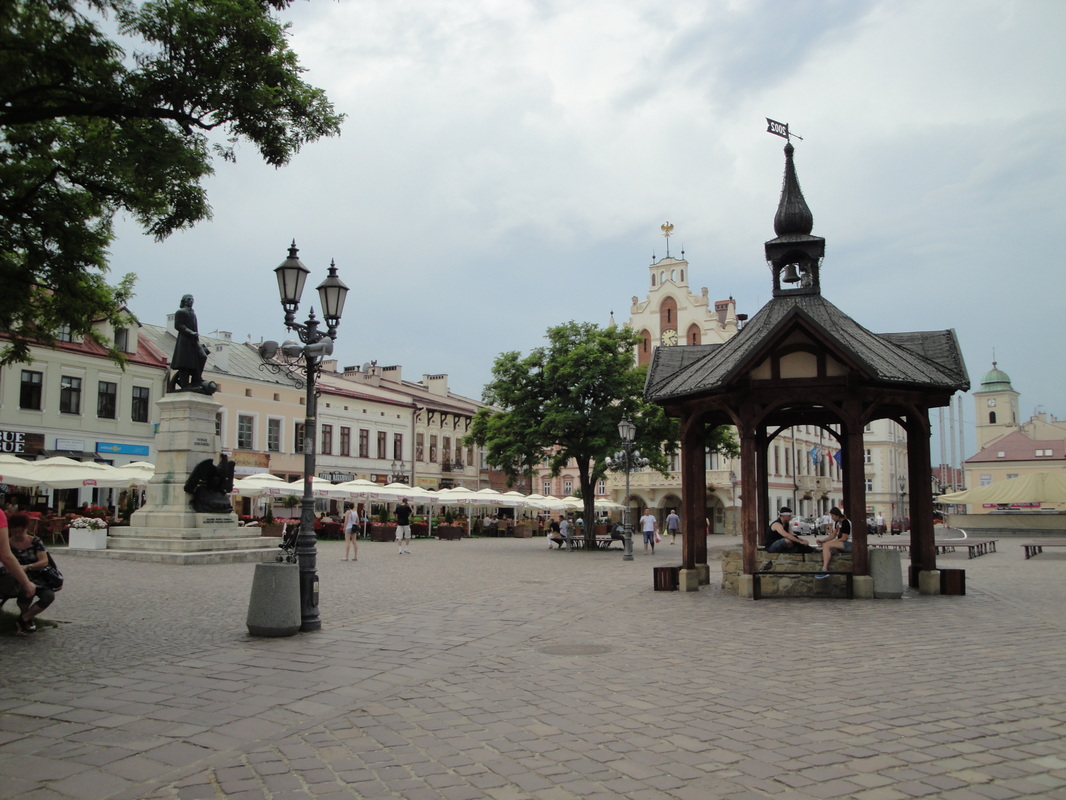
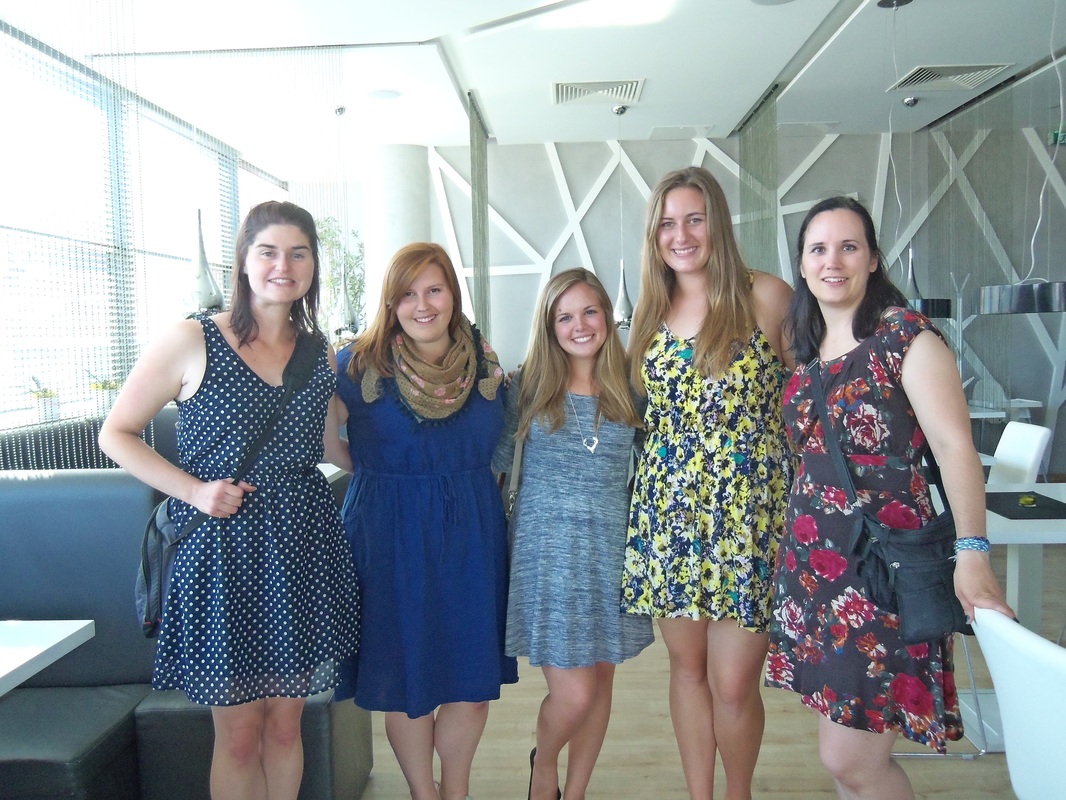
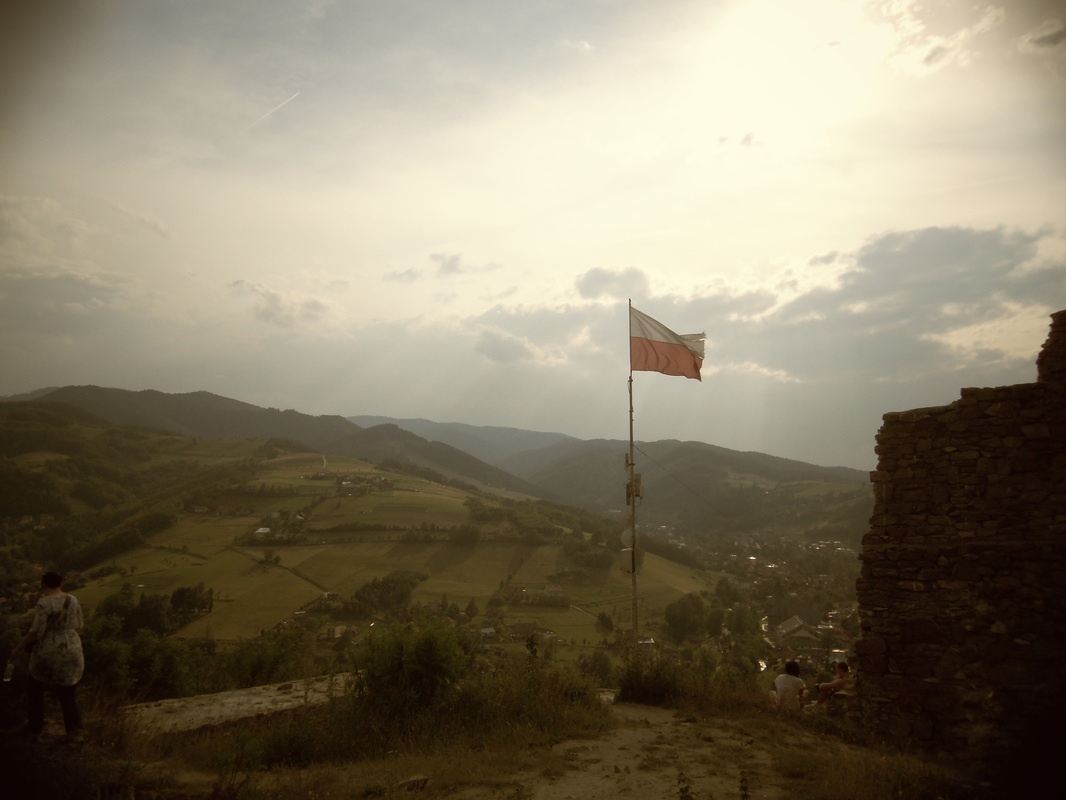
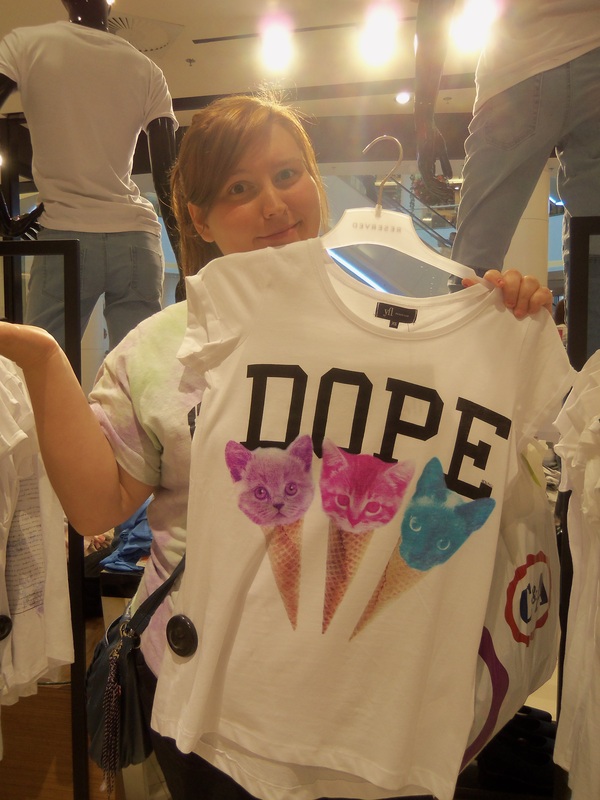
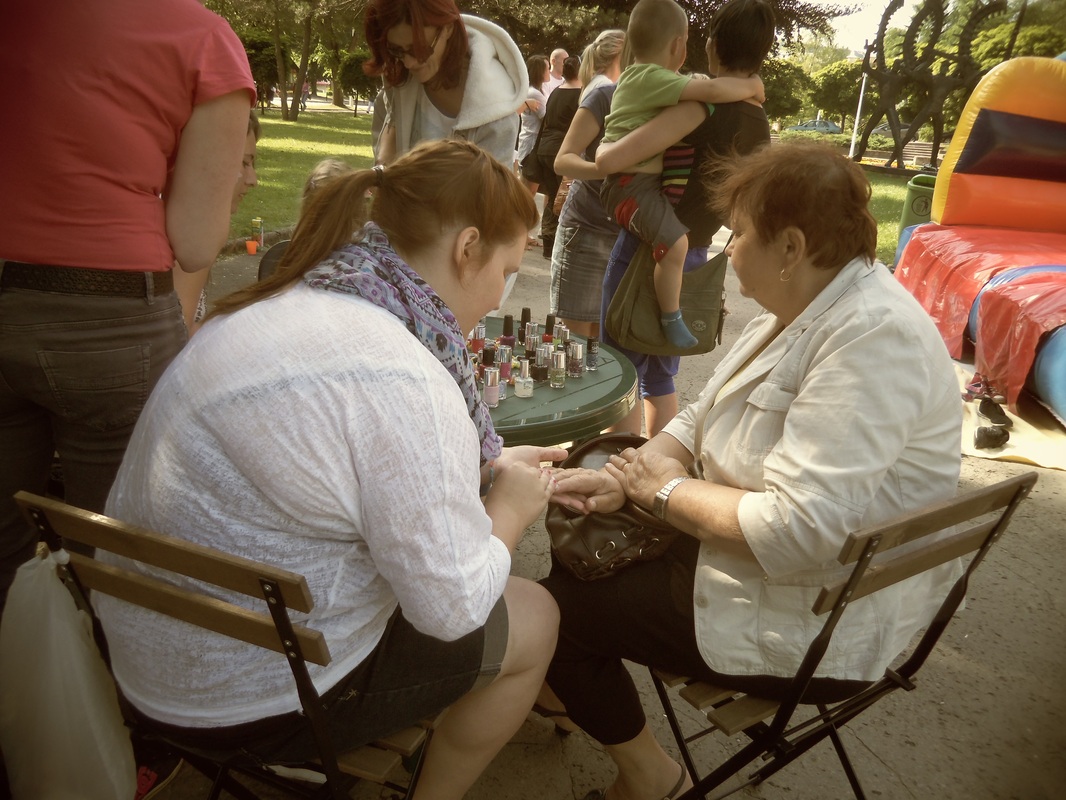
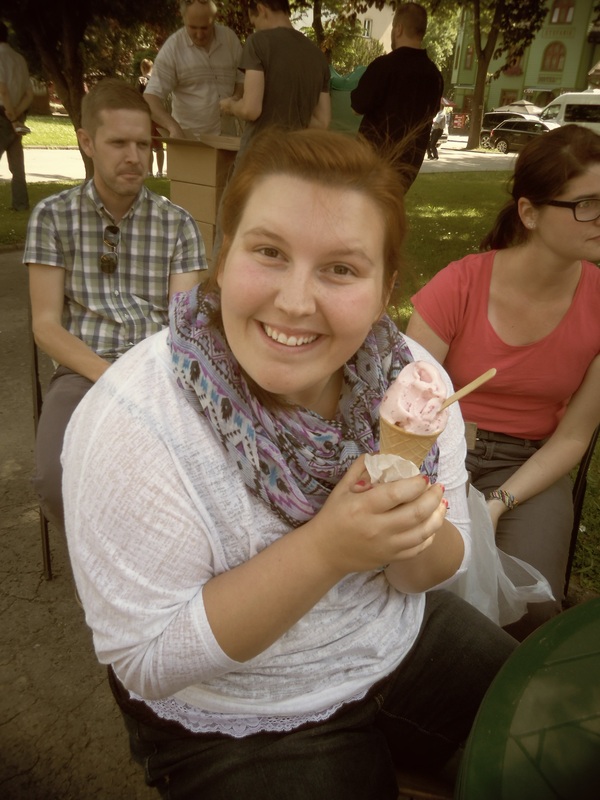
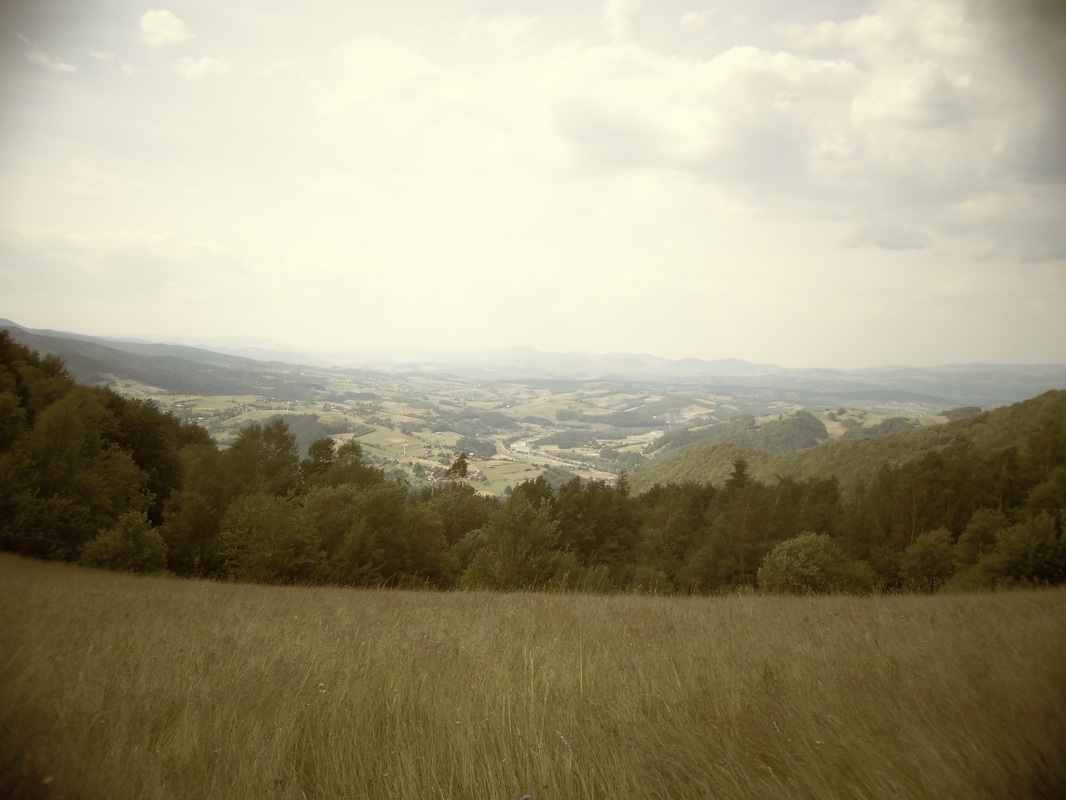
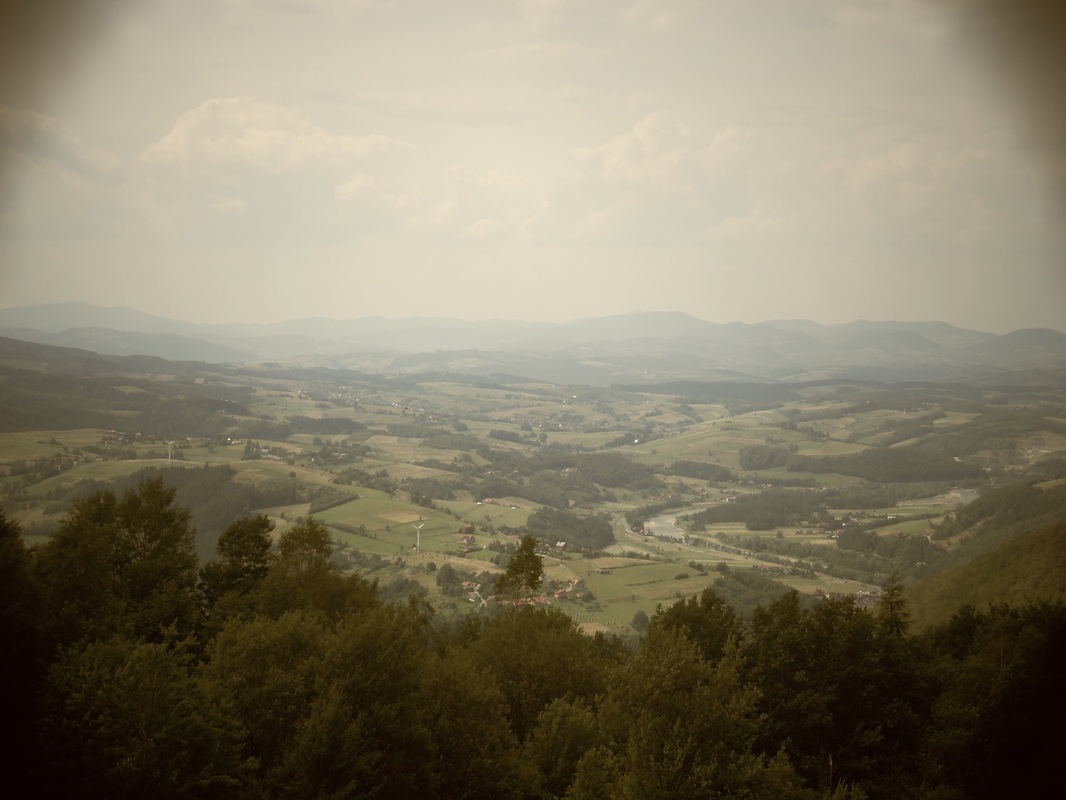
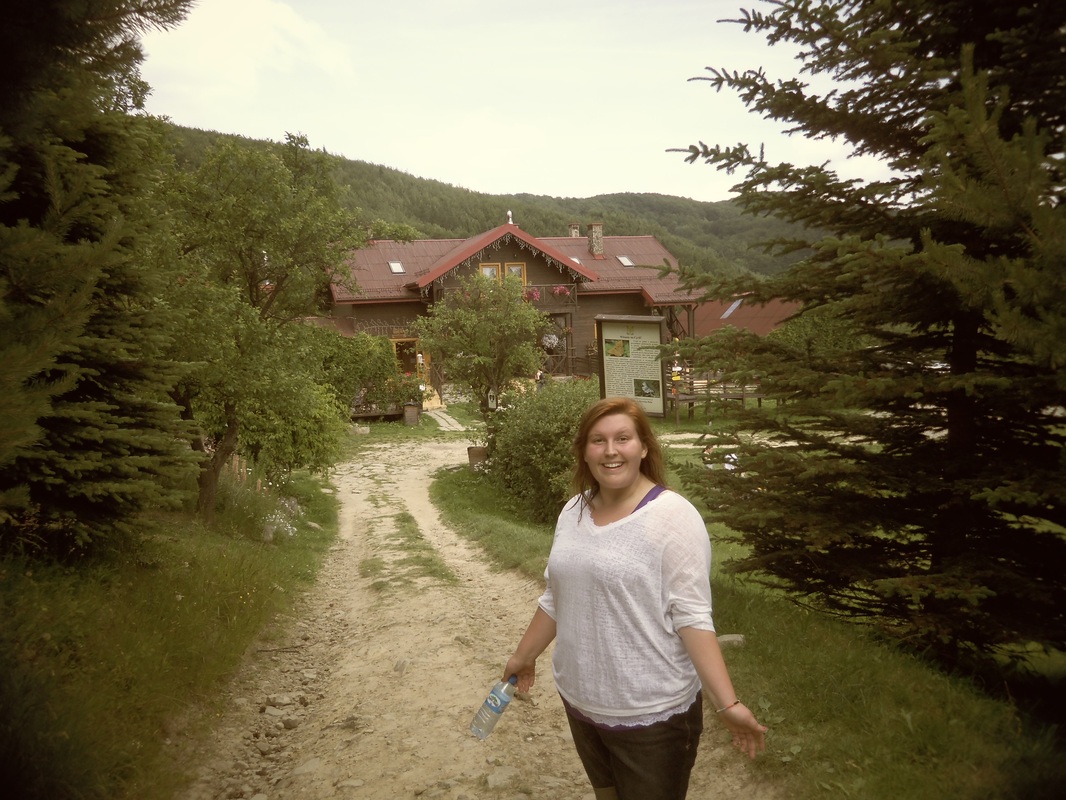
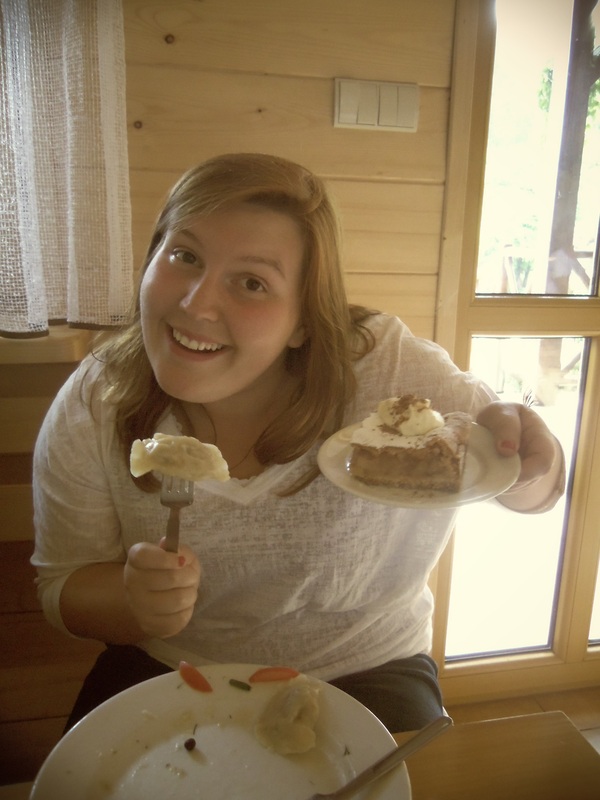
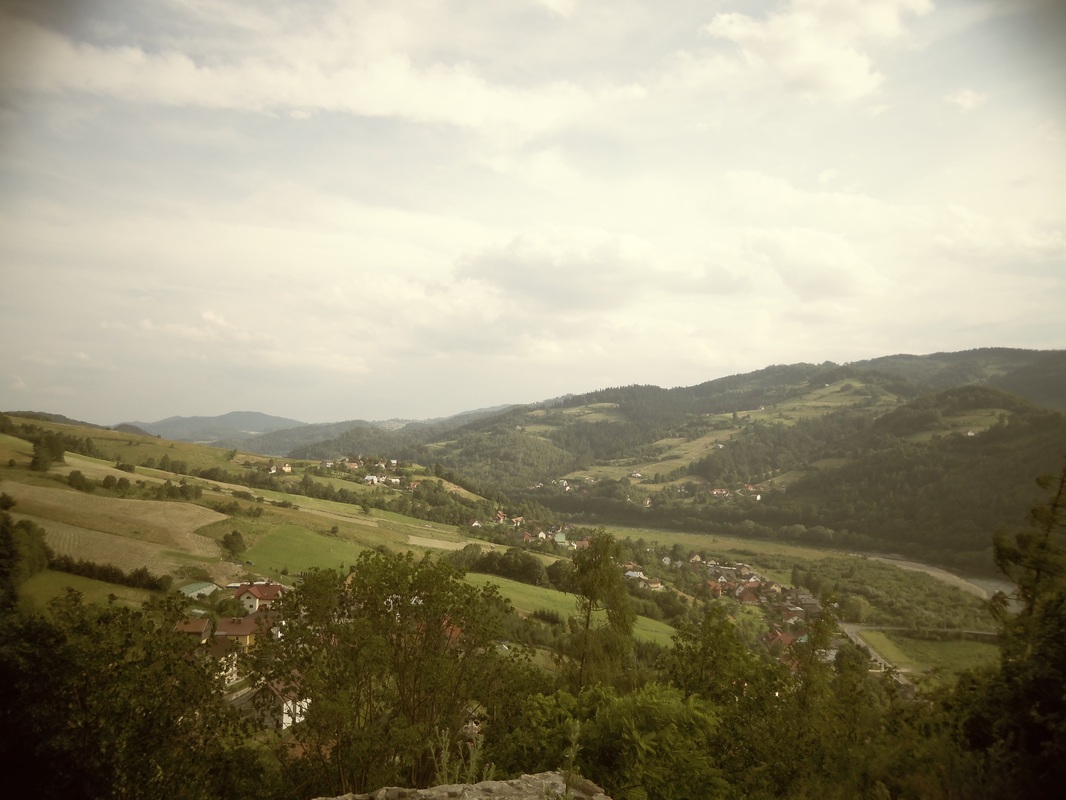
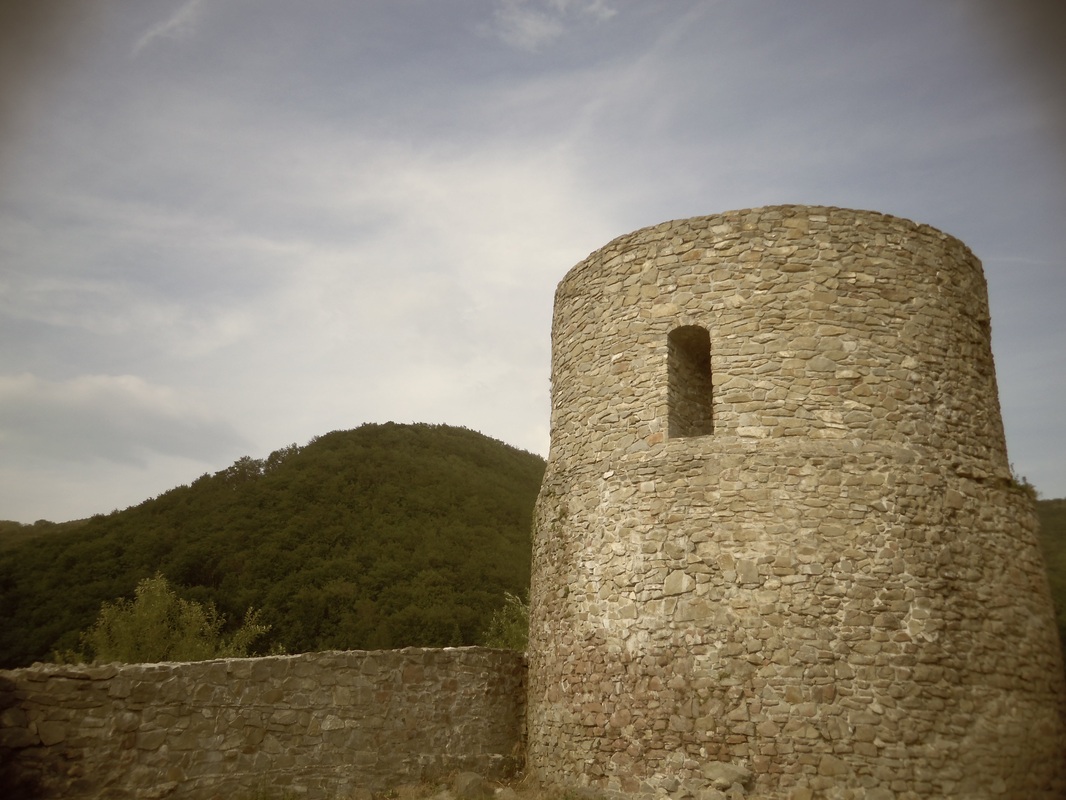
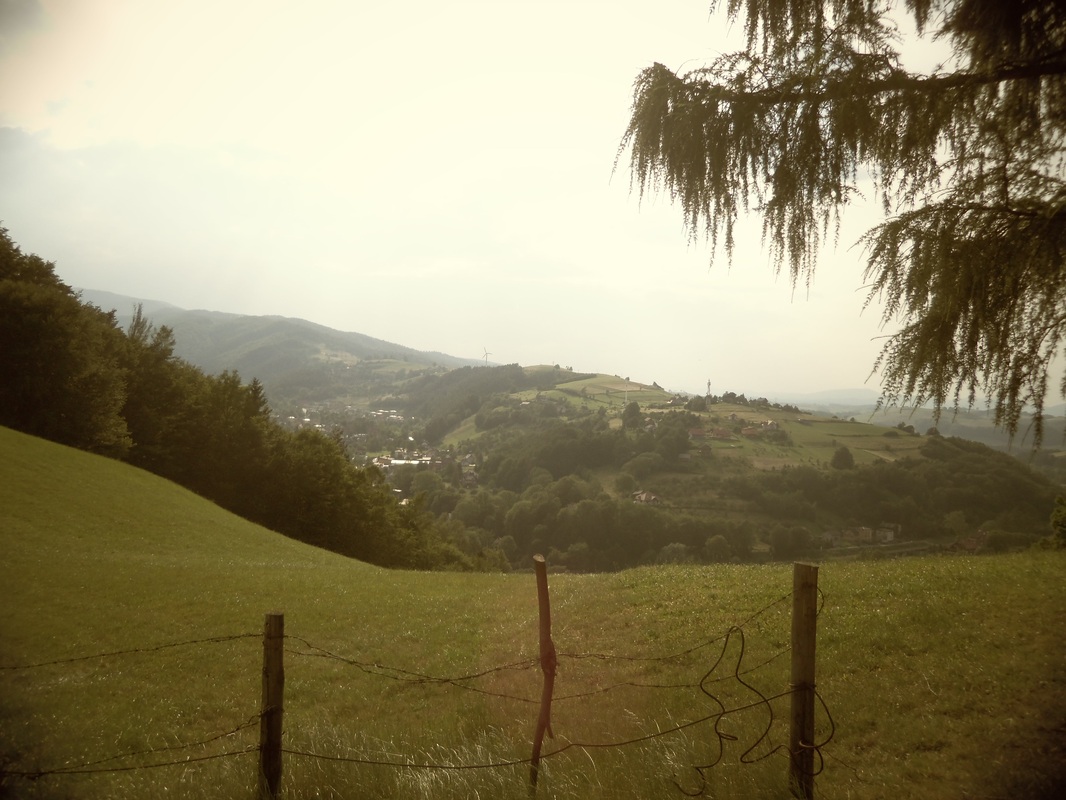
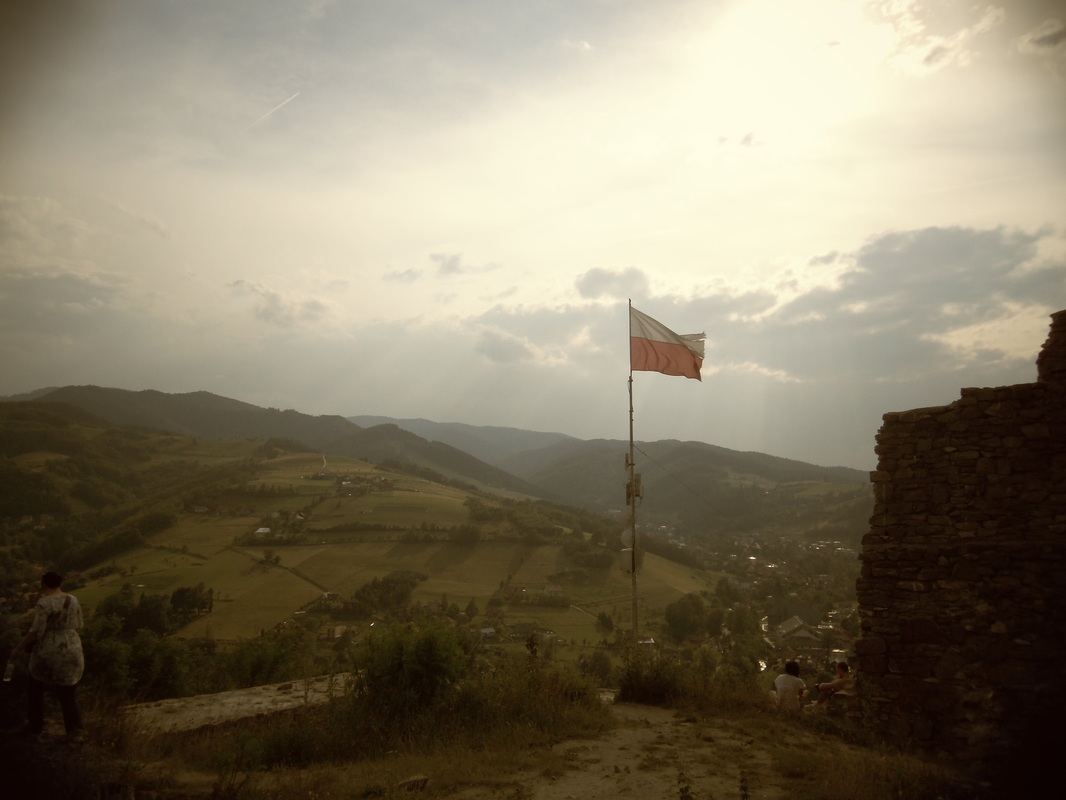
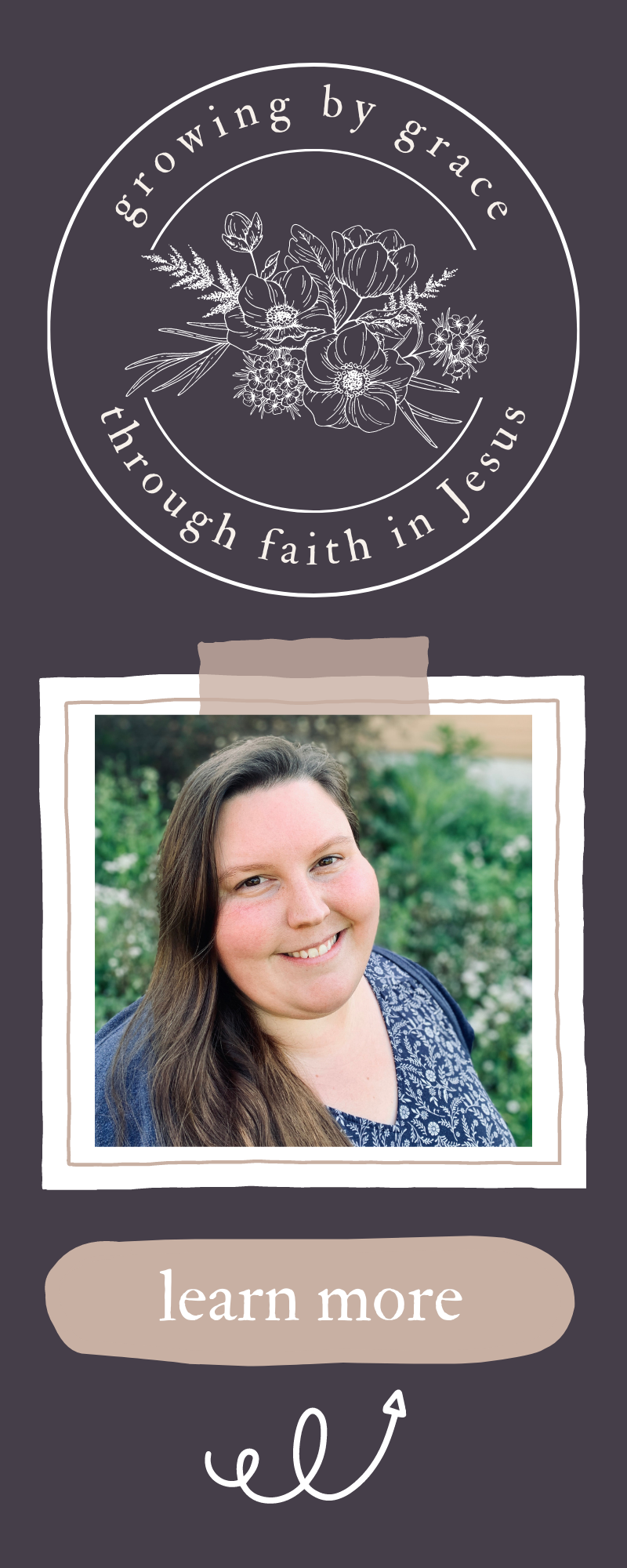



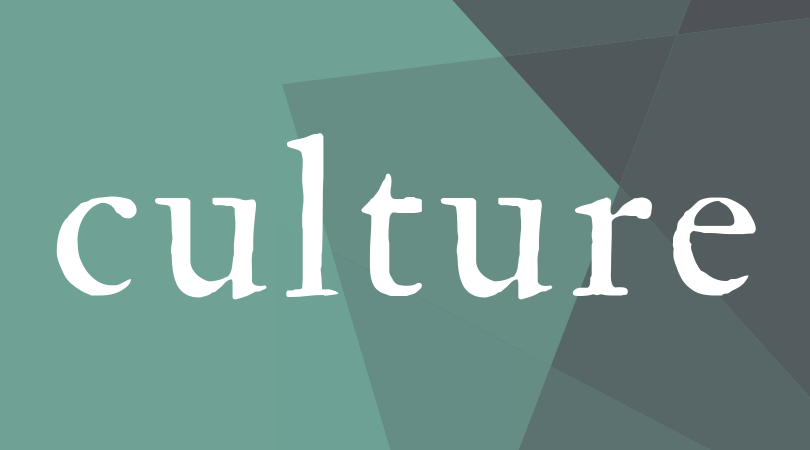


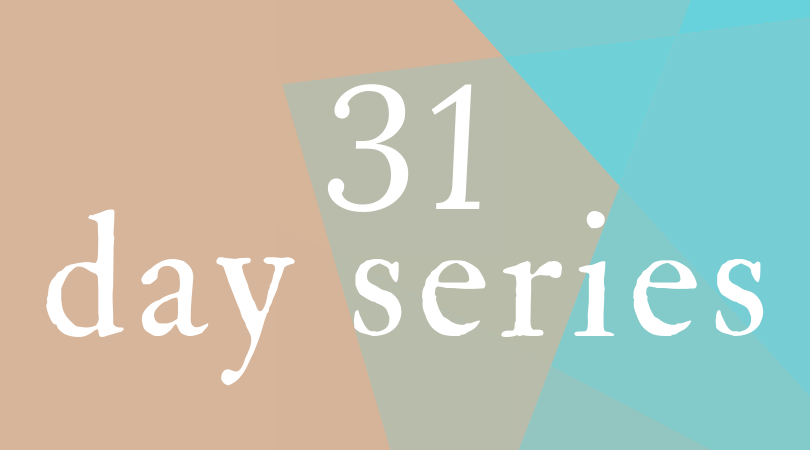
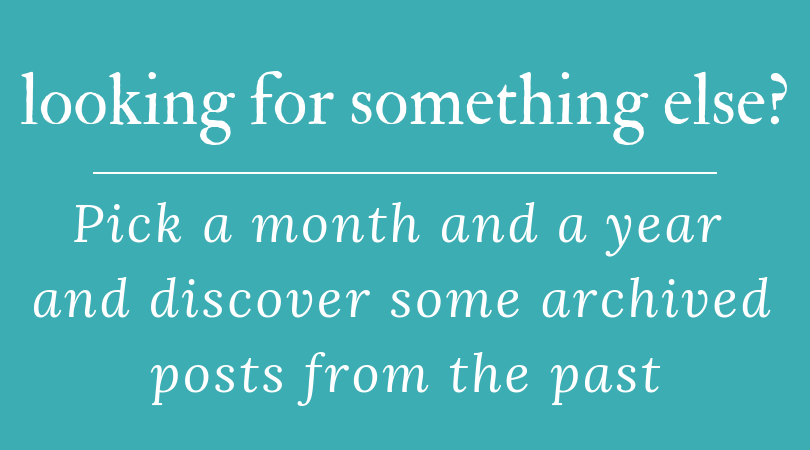
 RSS Feed
RSS Feed